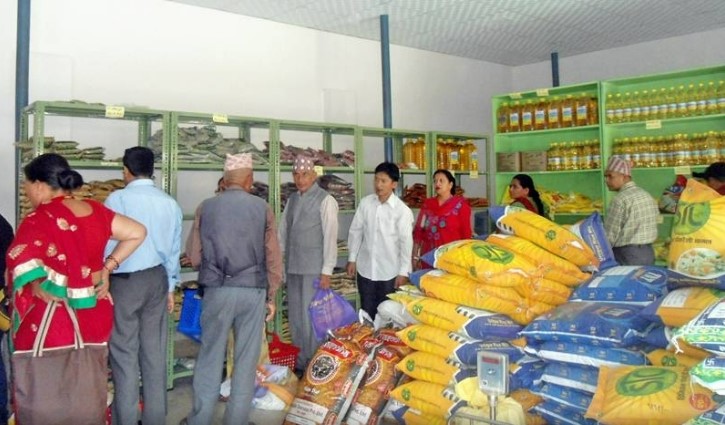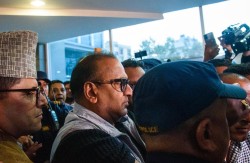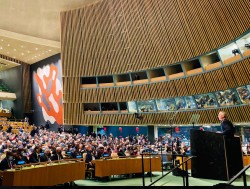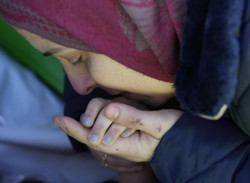Current Affairs

Dashain celebrations were low-key in the past two seasons as the Covid-19 infection fears gripped the world.
This Dashain people were keen to make up for the time lost in isolation during the pandemic. The inflationary trend and the steep increase in commodity prices have poured cold water over their plans this year.
The onset of Dashain usually augurs well for businesses, especially those dealing in food, apparel and gift items. Far from it – they are down this season due to low consumer confidence.
You may see large crowds milling around major markets, but people are not loosening their purse strings.
"As prices of goods have risen sharply, people are feeling the pinch. They don't have the money to spend," said Sita Aryal, a food trader from Nilakantha municipality-3, Puchharbazaar.
"The business has dropped by half this time compared to last year," she said, adding that inflation is changing the way people shop, with most trying money-saving strategies, such as buying fewer items or less expensive brands to offset costs.
"Consumers who usually bought two cartons of cooking oil previously are now buying one carton. It's the same for other edible items," Aryal said.
The prices of excessively consumed goods have invariably gone up. For example, a sack of rice (20 kgs) has now become dearer by at least Rs200 compared to last year, while the price of live goats has gone up by at least Rs100 a kg to Rs750 a kg.
Ashok Kumar Shrestha, a businessperson in Dhadingbesi, said that soaring prices in the international market had a knock-on effect on the cost of imported commodities.
Small entrepreneurs have been struggling to stock their shelves due to the rising price of goods. That, in turn, has hit consumers, who are forced to pay more to buy goods.
"Dashain is getting costlier with the steep hike in the prices of essential commodities,” Shrestha said.
The government has made efforts to ensure a fair market price, with teams deployed from the Department of Commerce, Supplies, and Consumer Protection. However, those efforts have been inadequate.
Government officials monitoring and curbing unscrupulous activities in the market have failed. Worse, the number of fair price outlets seems too small to serve a large number of customers.
The government has set up 44 fair price outlets in 41 districts that offer discounts of Rs7 on cooking oil, rice, flour and other food grains, and Rs10 on Karnali beans and pulses.
Sharmila Subedi, the information officer at the Food Management and Trading Company Ltd., said the state-owned company had set up 42 fair-price shops in 39 districts.
“Items like salt, rice, oil, food grains and pulses are available at outlets in the valley at concessional rates. But not all food grains are available in the outer districts,” she said.
Even as the world is fighting to get back on its feet after a prolonged Covid-19 pandemic, the conflict in Ukraine has disrupted the global supply chain. It has led to a jump in the prices of essential commodities, further depleting Nepal’s foreign reserves.
Lashing out at the government for its inability to tame inflation, economists warn of further rise in the price of goods and services.
“The election campaign will increase money flow in the market and government expenditure, making everything more expensive,” Economist Bishwambher Pyakuryal told The Kathmandu Post.
Nepal goes to the federal and provincial elections on November 20.
The Inflation Expectations Survey report published recently by the central bank says 94.7 per cent of the survey respondents expected price levels to increase by 14 per cent in the next three months.






